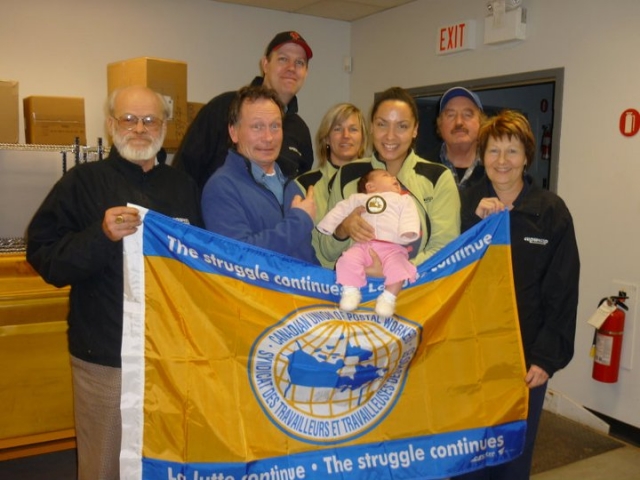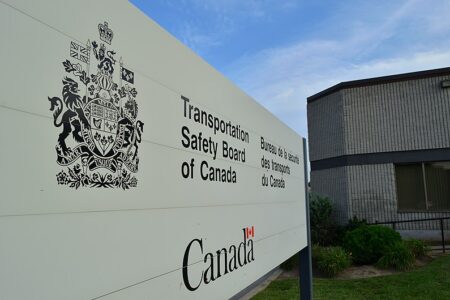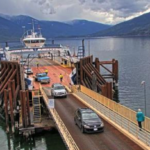Back to work for posties
Business as usual begins again today as Canada Post workers return to work under federal government legislation ending the lock-out that started two weeks ago after 12 days of rotating strikes.
In Grand Forks, everyone will be going to work at regular scheduled times and people should start to see mail in their boxes soon. “We are happy to return to work, we never wanted to be locked-out in the first place,” said Jessica Wirischagin, local area union president. “Our struggle is not with the public, it is with Canada Post, and it is a shame that the public suffered because Canada Post is not willing to negotiate a fair settlement. The back to work legislation is unfair and unjust and none of us are happy about bill C-6. The government should not have gotten involved and taken away our right to freely negotiate our working conditions.”
Alex Atamanenko, MP, (BC Southern Interior) says that the lock-outimposed by Canada Post management was a draconian tactic designed to trample the rights of Canadian workers. Although the Canadian Union of Postal Workers (CUPW) had initiated rotating strikes, postal workers agreed to keep the mail moving. Once the lock-out was announced, the Conservatives immediately tabled back-to-work legislation. “The only reason there was no postal service across this country was because the government sanctioned locking the doors of post offices,” stated Atamanenko. “If the government truly felt that Canada Post was such an important and necessary service, then why did they effectively lock the employees out?” In parliament, the New Democratic Party (NDP) rose to show the government that taking away the rights of Canadians is not acceptable. “The extended debate in the House of Common was necessary so that parties could explore a settlement and so that the most negative aspects of the imposed contract could be amended. We came very close to doing this,” said Atamanenko. CUPW national president Denis Lemelin said that due to the NDP’s intervention, time was allotted to resume negotiations between CUPW and Canada Post. Regrettably, the negotiations ultimately failed. “The government is clearly willing to side with employers to grind down wages and working conditions,” said CUPW National President Denis Lemelin. “Its decision to use back-to-work legislation in the Canada Post and Air Canada disputes was not neutral. The Conservatives have shown themselves to be very anti-worker after only two months of majority government.” When last minute negotiations broke off between Canada Post and the union on Jun. 22, the company and union remained far apart on several issues. “Canada Post is unable to accommodate the union’s demands without jeopardizing its financial viability. The company simply cannot become a burden on Canadian taxpayers or expect to pass on additional costs to customers who rely on affordable shipping solutions. Canada Post must now find ways to deal with the financial damage caused by the work disruption,” said Canada Post in a press release. Lemelin said the government’s assertion that its legislation was necessary to protect the economy is illogical. He said postal workers had offered to return to work. “The government has attacked our right to freely negotiate the conditions we work under,” said Lemelin. “It appears that only markets and employers will have freedoms in this country.” Throughout the lock-out many people demonstrated support for the workers – from donuts to honking horns the Grand Forks workers were given the extra energy they needed on the picket line. “We would like to thank all the other unions and citizens of Grand Forks who came out to support us during the lockout,” Wirischagin added. Atamanenko added that the back-to-work legislation offers less in salary than what Canada Post had offered, brings in a two-tiered wage system and effectively limits the power of the arbitrator to reach an acceptable settlement. CUPW continues demonstrations around Canada to keep the public aware of the challenge they still face in reaching an agreement.
























